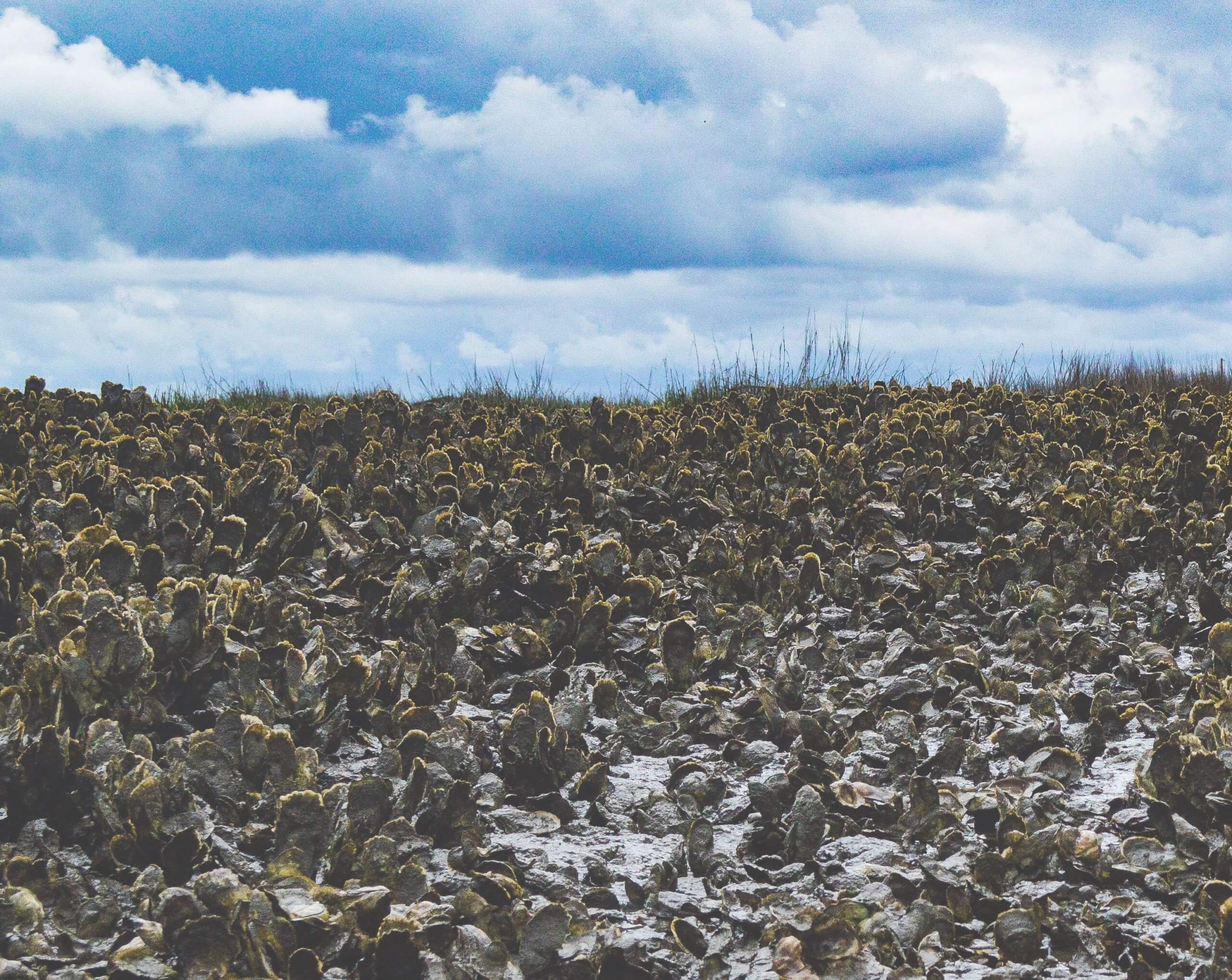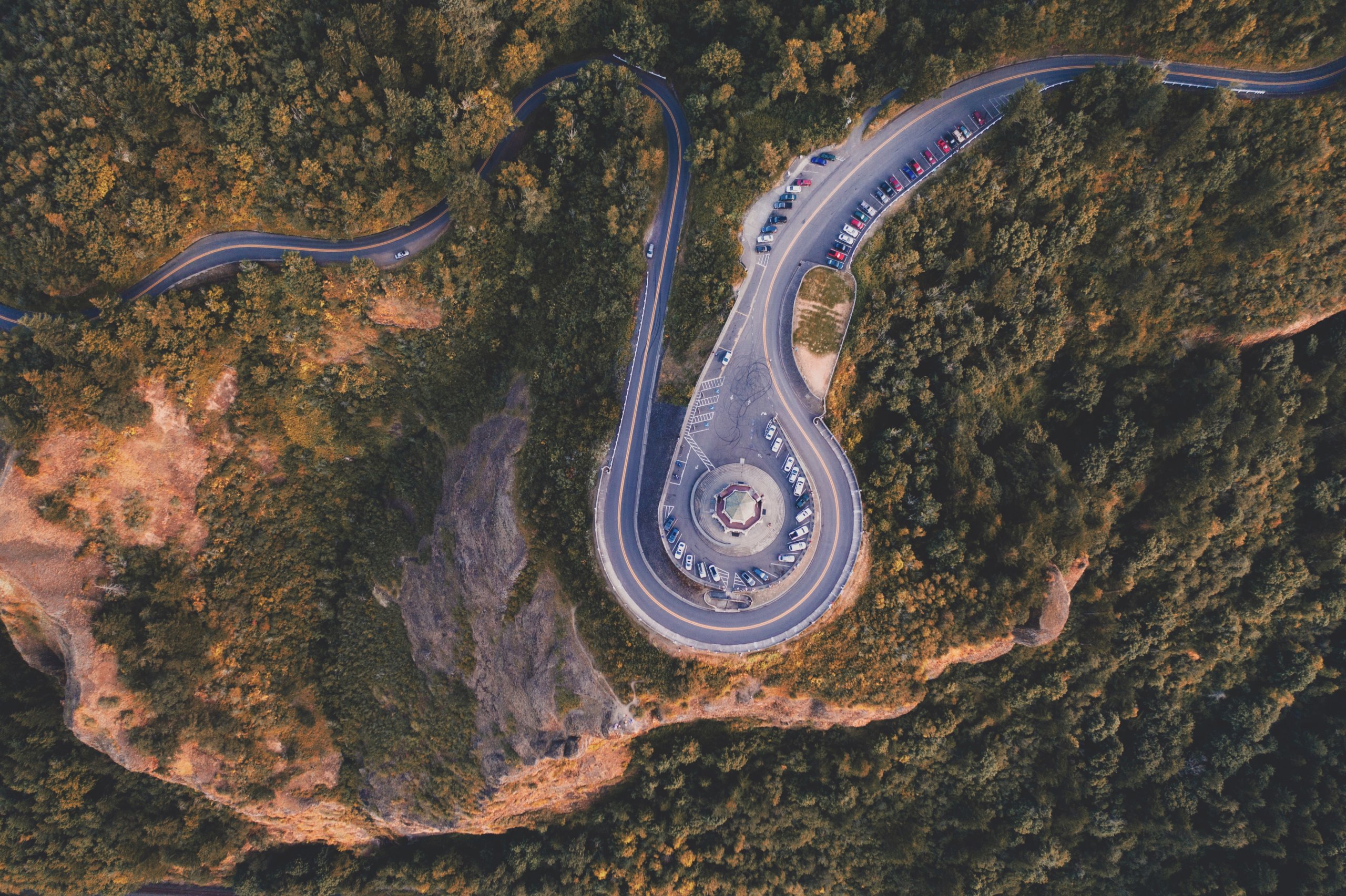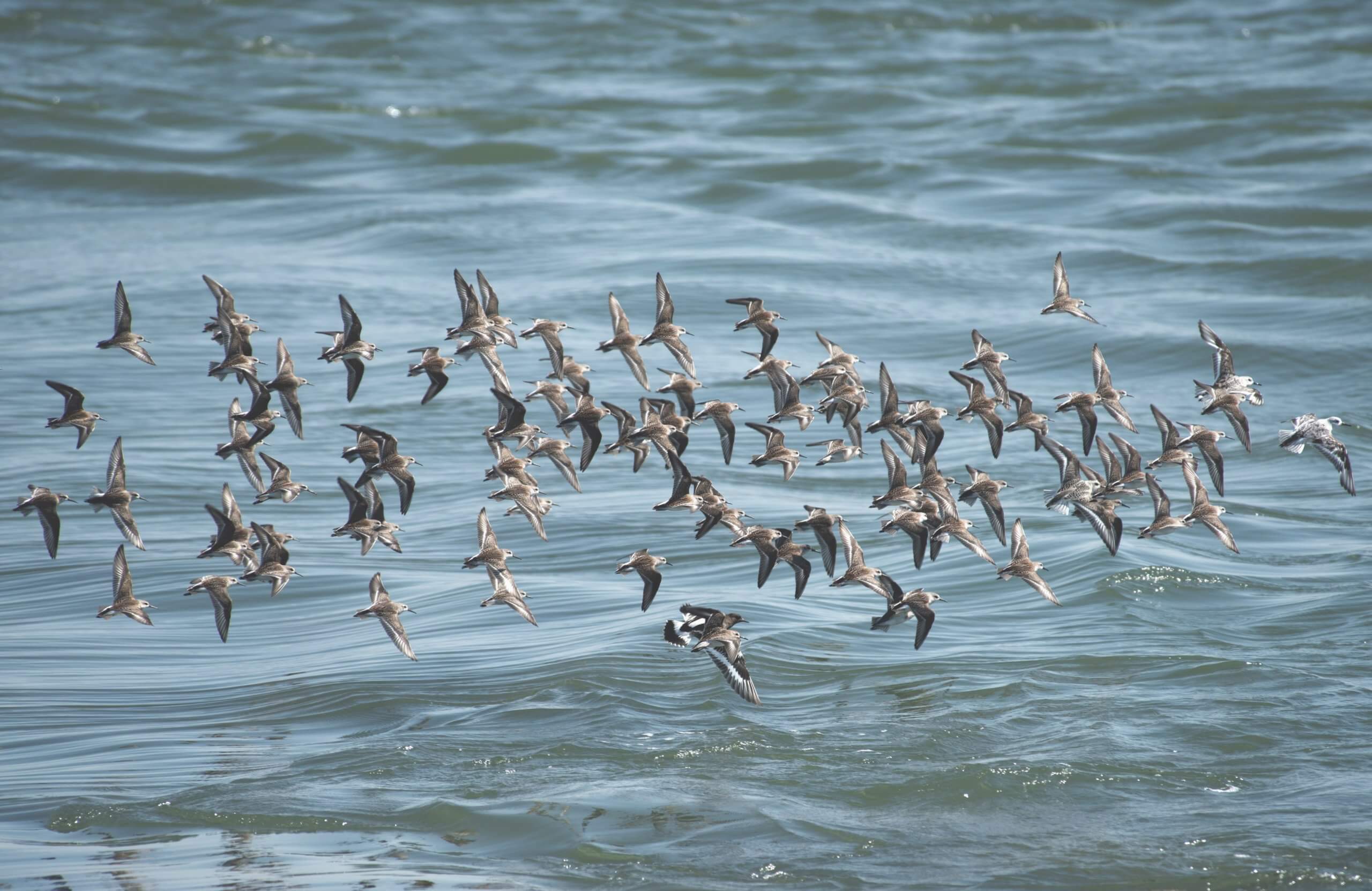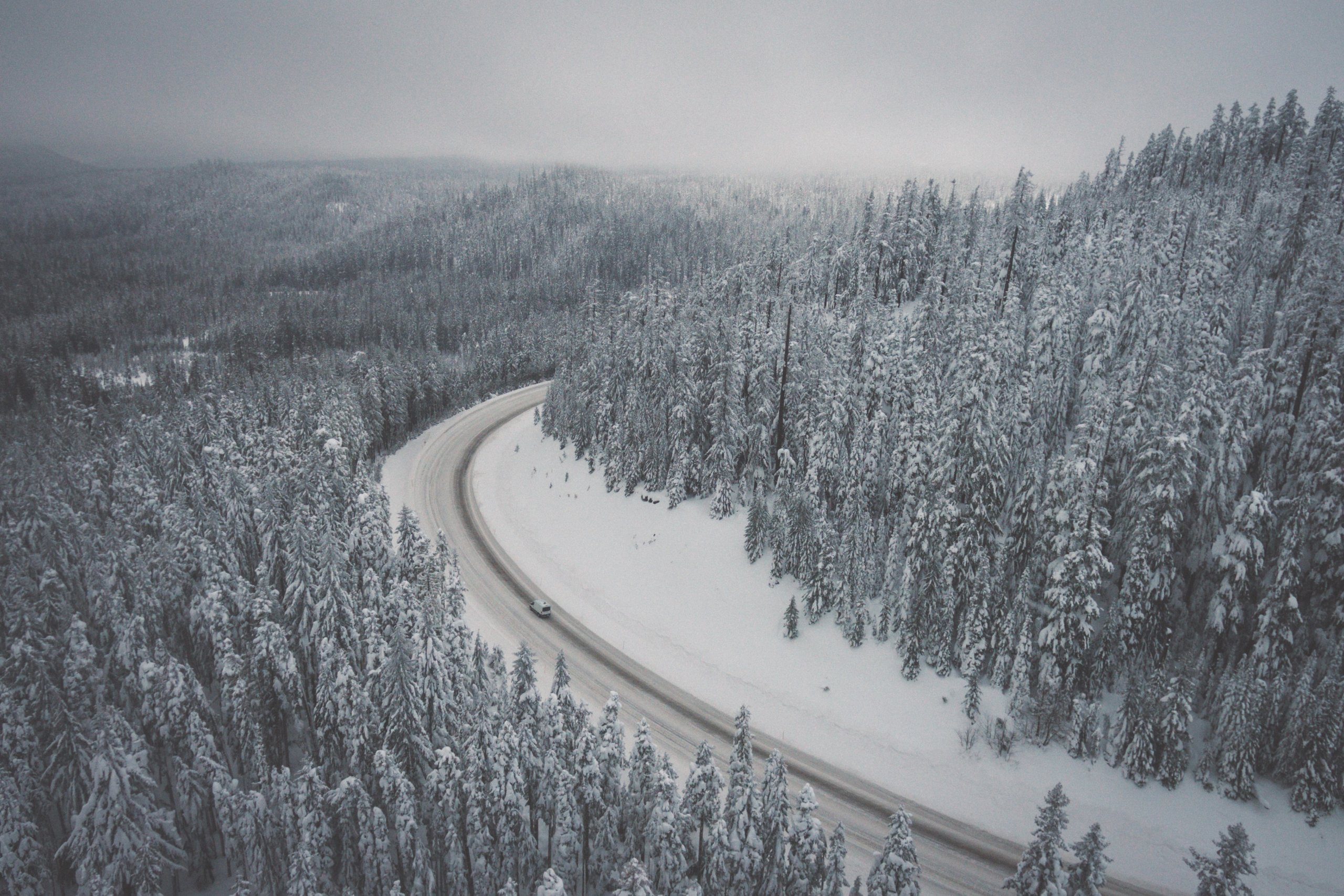At COMPASS, we encourage scientists to share ‘why’ they do what they do, in addition to sharing their science. This week’s post is by Annaliese Hettinger, a NSF Postdoctoral Fellow at Oregon State University, a Science Communications Fellow at the Oregon Museum of Science and Industry, and a science writer. We’ve crossed paths with Annaliese a number of times – we helped her prepare to engage with decisionmakers on Capitol Hill, and she was a panelist for “Engaging with the Wider World: True Tales Told Live” at the 2016 Ecological Society of America Conference. We’re excited to share her story here.
Why am I doing this? The question on repeat in my mind – an earworm of the most annoying sort because it didn’t even come with a melody. I was alone, staring through a microscope in a dark room lit only by the neon glow of a blacklight. But, this was no disco.
My love of science and my curiosity about the natural world were passed down from my mother, a biology professor and inquisitive human. Because of her, science has always been a part of my life. Making observations in my college science classes came naturally, as did asking questions and forming hypotheses. I struggled, and sometimes persevered, through my search for evidence to solve large and small mysteries as a graduate student. I was a woman on a quest, fueled by my desire to understand the natural world.
But research results alone were never a satisfying conclusion. Through graduate school there were many ways my colleagues and I worked to extend the reach of our science beyond the walls of academia. We taught in middle- and high-school classrooms as NSF Graduate STEM Fellows in K-12 Education. We gave public tours and lectures. We participated in docent trainings. We wrote blogs. We mentored undergraduate students through independent research projects. We went to our local wine bar and talked casually with community members about our research. We loved our work and enjoyed sharing our enthusiasm. While in graduate school I never questioned my professional path, believing it would lead to a job in academia. Yet when my mother became sick with cancer in the last year of my PhD, many of my reasons for sticking with scientific research came unglued, my perspectives and priorities forever changed.
For months in the last year of my PhD, I flew back and forth from San Francisco to Austin to take my mother to a cancer center in Houston where she was admitted for week-long chemotherapy infusions. She had stage IV colon cancer. In those months it stopped mattering to me whether oyster larvae grew less or had weaker shells under ocean acidification. I can still remember the first day of her first round of chemotherapy – I sat at the built-in desk in her small corner room on the 7th floor, alternating between staring out the window and entering larval oyster shell size data into a spreadsheet, all while listening to my mother slip in and out of sleep, her injection pump whirring quietly in the background.
I only finished my degree that year because I was determined for my mother to know that I had done so, and she was dying. She earned her PhD from the University of California Davis the year I was born, and I was going to do so the same the year that my son was born (did I mention that I was also pregnant?). My mother died one month before I filed my dissertation, two months after the birth of my son.
During that year, as I spent hours at a microscope, I questioned everything. And since then, through four years as a postdoc, I have thought a lot about my legacy, and the contributions I hope to make to society. Scientific research has been a thrilling, hard-work adventure for me, my work taking me to places beneath turbulent ocean waves, above technicolor coral reefs, and across ice sheets shining brightly in the sun. But to keep with this work is a challenge beyond what I ever anticipated.
Certainly my struggle comes from transformative life experiences coinciding with crux moments in my professional life. My mother was diagnosed with cancer. I became a mother. My mother died. My sister was hit by a car and has not recovered. I had a second baby. But I have also felt pressure to leave research for reasons that stem from being a woman and a mother in academia. And here is where the importance of supportive mentors cannot be underestimated, especially for those who question whether we belong. I persevered this long in academia because of encouragement from my graduate school mentors, their support unwavering to this day. But even still, making discoveries as a scientific researcher is no longer how I envision my life’s work. I want to make a different type of contribution.
I am still a woman on a quest, fueled by curiosity, but my questions are of a new nature. I want to engage with diverse communities through writing and story-projects. Science stories can inform understanding of our world in broad ways, nurture curiosity, and bridge divides in a world where the gap is growing between those with and those without access to natural spaces, to science education, and to work in science-related fields. Storytelling can bring new voices into science, a discipline that suffers from a lack of diversity at all levels.
I am still figuring out where I fit at the intersection of science and storytelling, and am building my own capacity to reach out and across real and perceived boundaries. My love of science has never waned. That is one of the legacies my mother left behind. But how I want to use my passion for the natural world has shifted, and I have my mother to thank for that too.



